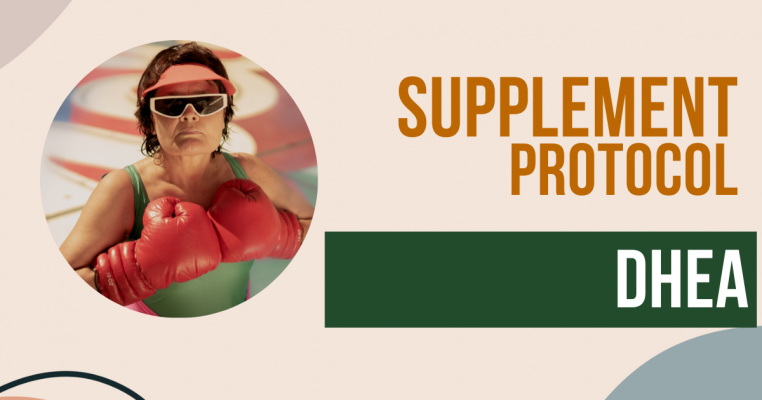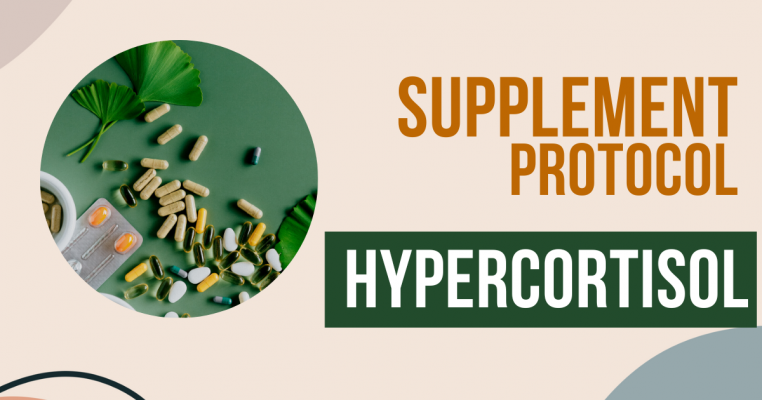Natural Ways to Combat Depression
Science has poked holes in the “serotonin deficiency theory” of depression. Despite what you may have been told, recent science has discovered that depression is not a serotonin deficiency.
McGill University researchers found that lowering serotonin levels didn’t make most people depressed.
Serotonin is a neurotransmitter which regulates mood, anxiety, fear, and general sense of well-being. When serotonin, norepinephrine and dopamine become imbalanced in relation to each other, depression and other mood disorders may result.
How SSRI’s Work
SSRI’s essentially “fake” the brain into believing there is more serotonin than there really is and try to increase the action of whatever serotonin is present. Antidepressants in the SSRI or SNRI category work by keeping more of your neurotransmitters in circulation but do not increase the volume or quantity of neurotransmitters.
But here’s the catch. Ongoing use of SSRIs depletes the body of serotonin (and dopamine too).Given this, many of my clients want to encourage their bodies to produce neurotransmitters naturally and heal the underlying cause of their mood disorders.
How are Neurotransmitters Made?
Neurotransmitters are made in the gut. Bacteria in our gut use raw ingredients from our food to assemble neurotransmitters.Having the right raw nutrients and a healthy gut are the two keys to healthy neurotransmitter development.
While SSRI’s have been life-saving for many, they don’t address the root cause of depression. They often provide relief for individuals while they are working on cleaning up inflammation that is preventing neurotransmitter balance.
Typical causes related to depression include:
- gut dysbiosis
- toxicity
- food sensitivities
- poor methylation
How to Rebalance Neurotransmitters Naturally
A functional medicine approach to depression looks to remove reduce chronic inflammation in the body. These are examples of approaches in functional medicine:
- Calm inflammation. Consider an anti-inflammatory elimination diet that gets rid of common food allergens.
- Identify food sensitivities. Food sensitivities and the resultant inflammation are connected with depression and other mood disorders like addiction. Testing is available for food sensitivities.
- Check for hypothyroidism. Thyroid health is unrecognized epidemic is a leading cause of depression. It is important to check all thyroid levels, not just TSH.
- Check Vitamin D levels. Deficiency in this essential vitamin can lead to depression. A very general recommendation is to supplement with at least 2,000 to 5,000 IU of vitamin D3 a day. Magnesium is a necessary co-factor and most people are deficient.
- Increase natural fats and omega-3 fats, which is fuel for your brain.
- Restore gut health and the microbiome. Processed food, chemicals, a limited diet, medications and stress alter the gut microbiome. Consider stool testing to identify bacterial imbalances and even parasites which can block the development of neurotransmitters.
- Restore nutrients. Specifically, take adequate B12 (methyl cobalamin), B6 and folate (also found in dark leafy green vegetables). These nutrients are critical for metabolizing homocysteine, which can play a factor in depression.
- Take B Vitamins. B vitamins are critical for detox, cell function, and neurotransmitter creation. (So much so that methyl folate or activated B9 is marketed as an antidepressant called Deplin.)
- Get checked for mercury. Heavy metal toxicity has been correlated with depression and other mood and neurological problems.
- Exercise vigorously five times a week for 30 minutes. This increases levels of BDNF, a natural antidepressant in your brain.
- Practice mindfulness and mindfulness-based stress reduction.
- Detoxify your environment. Reduce chemical exposure throughout your personal life and home environment.
- Balance your blood sugar. Balance blood sugar as instability can affect insulin and cortisol such that it affects your thyroid, sex hormones and immunity.
- Support adrenal health.Implement stress management and consider supplementing with adaptogens (supplements, foods).
- Calm the nervous system. If you are tapering a medication with the support of your prescribing physician, consider discussing the supplementation of NMDA modulators or natural molecules that buffer the effects of excitatory glutamate are magnesium, zinc, N-acetylcysteine, or GABA.
- Consider amino acid therapy. Amino acids may be essential during and after tapering. They can be essential during a taper because of signals of “deficiency” that the body may get in the wake of medication discontinuation. Tryptophan and 5-HTP, and L-tyrosine and dL-phenylalanine can be effective support. Inositol, a membrane stabilizer, and St. John’s Wort can also serve as transitional aids, which can relieve symptoms of anxiety or dips in mood.
- Get back to Nature. Reconnecting with the natural world, and sending the body a signal of safety through movement, diet, meditation, and environmental detoxification represents our most powerful tool for healing.
Antidepressants have helped many individuals, but they are not without their short- and long-term side effects. They do not get to the root cause of why depression has occurred. Give these practices I’ve shared a try -and notice how your mood is elevated, naturally!
The Wellness Journal







